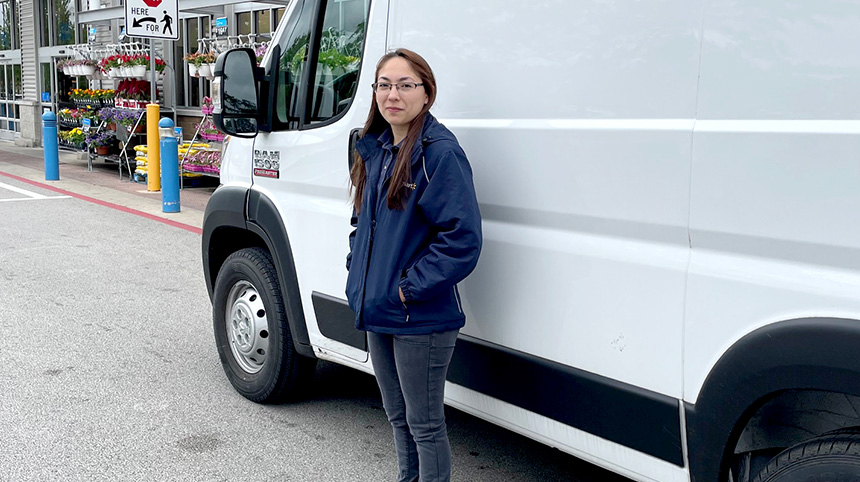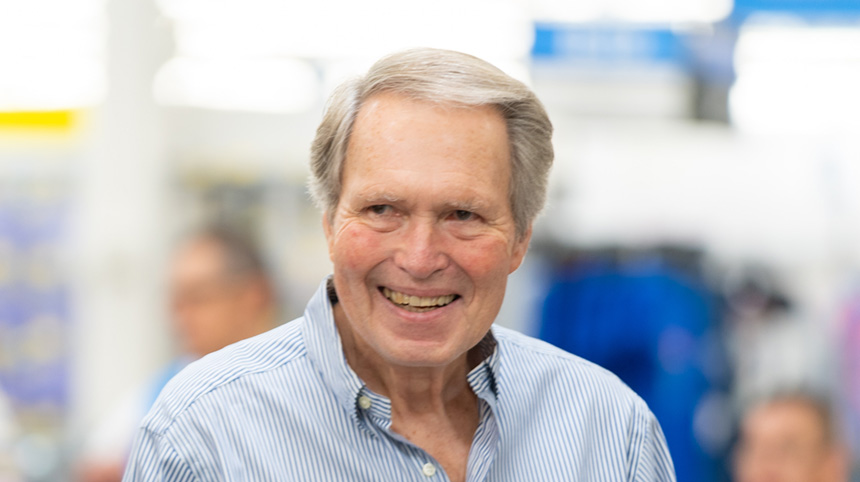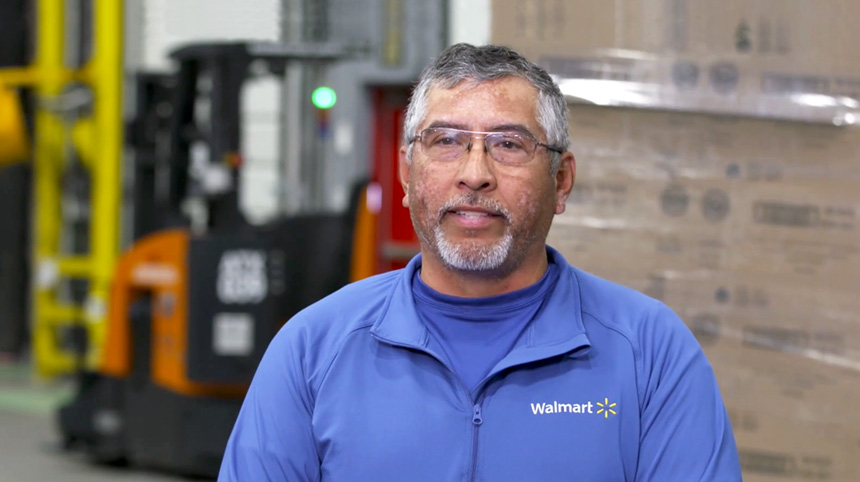Providing care runs in the Fisher family.

The Fisher family’s commitment to caring for their community runs deep. In fact, they’ve been serving the healthcare needs of the Native people in Oklahoma for generations.
Tyler Fisher is making sure this family tradition is strong. He splits his time working as a pharmacist at various Walmart stores in the Tulsa area and at the Indian Health Service (IHS), an agency within the Department of Health and Human Services that provides federal health services to Native Americans.
Tyler’s grandmother was an IHS nurse. His father, Joe Fisher, is a pharmacist at Walmart Store 10 in Tahlequah, Oklahoma. Tyler’s brother Jason is a pharmacist for IHS, while his other brother Austin is in pharmacy school at the University of Oklahoma.
A calling to care
Tyler was inspired to pursue a job in pharmacy after hearing his father’s stories of helping patients — “how he was able to help people in different ways and use his knowledge to figure out the ways to get people things cheaper, for example,” he explains.
While he’s been at Walmart for 10 years, he’s been a pharmacist for three. He started as a Walmart pharmacy technician as he studied at Northeastern State University in Oklahoma, then worked as an intern before becoming a pharmacist.
He says Walmart supported his career — even when he was away at school. “I would come back every summer and work at Walmart,” Tyler recalls. “Especially if you're working toward a career and intend to work for them, they will go that extra mile for you. They were able to work with me and keep me going to school, keep me working, keep me motivated.”
Care and understanding
Native Americans make up about 9.5% of the population of Oklahoma and 31.9% of the population in Tahlequah — the capital of the Cherokee Nation. Though Native tribal members can get healthcare through IHS, they typically have out-of-pocket expenses. Certain medications and health services are more affordable through Walmart.
That means Joe and Tyler play very important roles — as both Walmart pharmacists and members of the Choctaw tribe.
Taking a page out of his dad’s book, Tyler does what he can to make care accessible and affordable for his patients. He makes sure to point out coupons and offer no-cost prescription options when possible.
For his Native American patients in particular, he strives to be “someone who they can reach out to and feel comfortable talking to — even at places like Walmart or IHS — someone who might understand their culture or heritage and have respect for that, someone who can identify and empathize with their different situations and lifestyles.”
His father Joe believes it’s crucial for pharmacists to be open-minded and accepting. “You know that everybody may not be the same, or think exactly how you do, but you still want to help improve their health, right? You’ve got to understand a little bit about their history and where they're at to effectively communicate and relate to them,” he explains.
“They're not going to listen to you if they don't trust you, and it's hard to build trust if you don't know each other. So that all plays into understanding the culture. You don't have to be Native American to work and help other Native Americans, but you do have to be aware and conscious of your patient population and their needs.”
Giving back
IHS offers Native people scholarships to train in healthcare positions. Scholarship recipients then agree to work for IHS for a time after completing their training. These scholarships helped both Tyler and his father become pharmacists.
“A lot of Native American populations are in poverty and don't have the means to afford school. So for a program like that to exist for a lot of people is amazing,” Tyler says. “My dad was able to go to school with two kids and a wife. That scholarship really helped him pursue that degree.”
Joe and Tyler use their experience in securing scholarships and financial aid to help others at Walmart pursue additional education. “We write letters of recommendations for pharmacy technicians from Walmart going into nursing school, pharmacy school or medical school,” Joe says.
He estimates that he’s seen eight technicians become nurses, six become pharmacists and two become doctors in his 20 years at Walmart.
Apparently, the Fishers’ gift for inspiring others to work in healthcare extends beyond their relatives and into their Walmart family as well.






